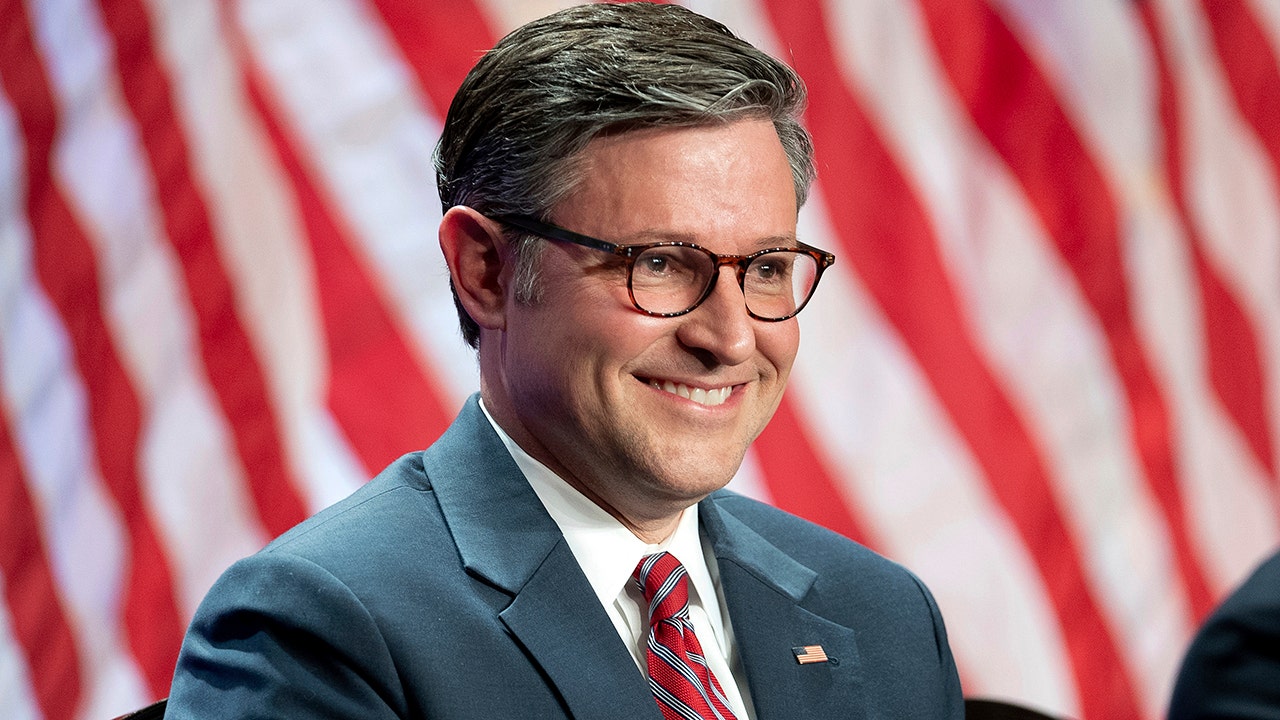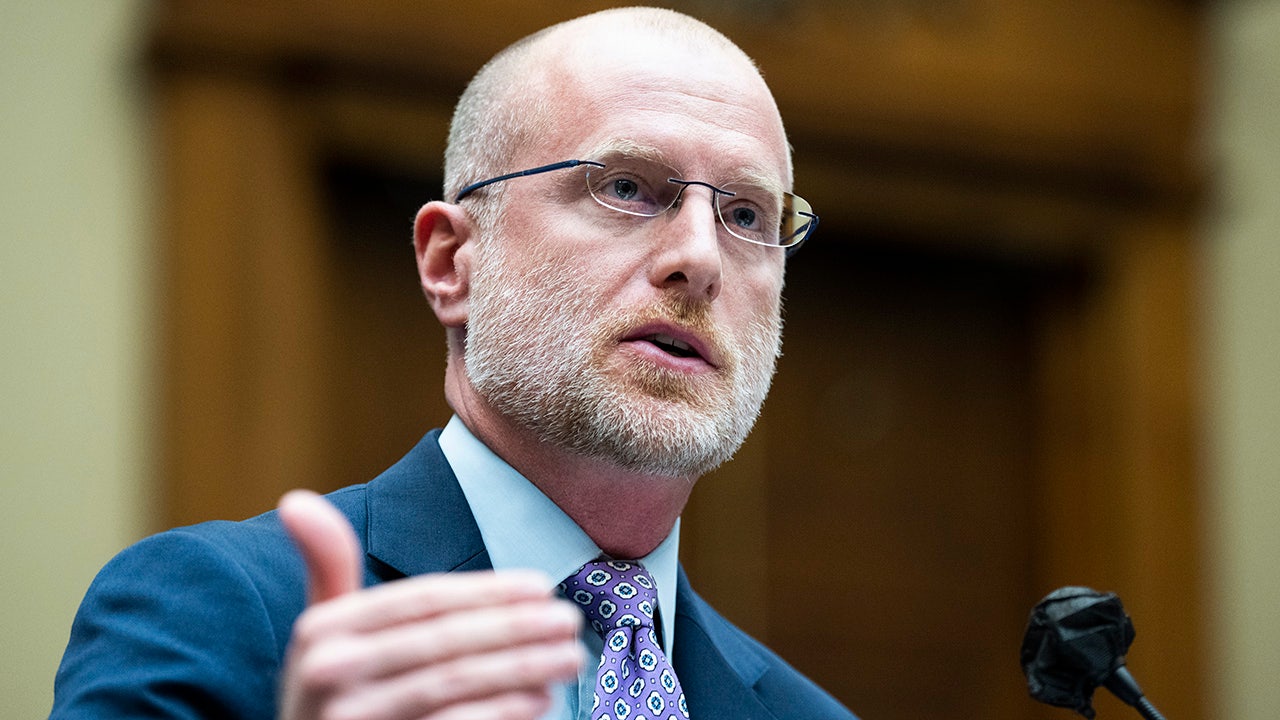In Haiti, as the number of murders soar and kidnappings rise, even the police are fleeing.
With no elected president in office and a prime minister widely seen as illegitimate, calls for the government’s ouster are now being heard from an unlikely source: a brigade of armed officers ostensibly responsible for protecting environmentally sensitive areas.
Armed uniformed members of the brigade clashed with government forces in northern Haiti this week, heightening tensions in an already volatile nation where gangs have seized control over large swaths of the capital, Port-au-Prince, and are wreaking havoc in rural areas.
The environmental group, the Brigade for the Security of Protected Areas (known as B-SAP), became angry after the prime minister fired its leader. On Wednesday, the group’s officers attempted to invade the local customs office, and Haitian National Police units repelled them using tear gas.
Just as worrisome to analysts is the allegiance some of the group’s leaders have publicly declared their allegiance to Guy Philippe, a former police commander and coup-plotter who recently returned to Haiti after serving six years in a U.S. federal prison.
In the less than 60 days since Mr. Philippe returned home, he has been traveling the country, shoring up support for his so-called revolution.
“We’re talking about a revolution, but not a revolution in blood,” Mr. Philippe said in an interview. “We haven’t killed anyone. It’s all about peaceful demonstrations.”
Mr. Philippe was a leader of the 2004 coup that toppled President Jean-Bertrand Aristide. Wanted for years by the United States for drug trafficking, Mr. Philippe lived freely in southern Haiti as a fugitive.
He was arrested in 2017, just before taking office as an elected senator, sentenced in U.S. federal court to nine years for money laundering and was deported to Haiti in November, which many experts saw as an astonishing move bound to inflame a troubled political landscape.
“This is a guy who has been maneuvering and plotting for 20 years to seize power in Haiti,” said James B. Foley, who was the U.S. ambassador there during the 2004 coup. “We indicted him, extradited him and sidelined him, and now we have sent him back into a Haiti that is in total anarchy, and the result is obvious and predictable and horrible.”
Mr. Philippe, who has been living in his home base, Pestel, Haiti, since his return, said he planned to go to Port-au-Prince in the coming days to stage protests, and expected that the vast majority of the population would support him in demanding the resignation of the prime minister, Ariel Henry.
Because many Haitians are disappointed in the National Police’s inability to tackle the gangs, Mr. Phillippe may be right, analysts said.
“If it was a coup, it would be a legitimate coup, but we’re not making any coup,” Mr. Philippe said. “We’re not here to seize power with force.”
In a statement on Thursday, Mr. Henry said he was alarmed by the inappropriate actions of many members of B-SAP, which he noted had no legal or administrative framework. News coverage of the rogue officers risked creating confusion about the environmental surveillance group’s legitimate work, he said. On Tuesday, he added, the government created a commission to review the agency’s work.
As for Mr. Philippe, the prime minister’s office said, “Ariel Henry is responsible for applying the law.”
The United States has strongly pushed for a planned security mission to Haiti led by Kenya, which some analysts view as a tacit endorsement of Mr. Henry’s leadership.
Mr. Philippe said he “has friends” in the environmental group in the north, an alliance that could prove dangerous. Haiti, once home to a secret police force known as the tonton macoutes, has a long history of paramilitary forces that commit atrocities.
Mr. Philippe said he considered the head of the environmental brigade “an ally” with the same aim of getting the prime minister to step down.
According to a local newspaper, Mr. Phillippe and the brigade are coordinating efforts aimed at opposing the current government.
“B-SAP is not the armed wing of the opposition,” said Jeantel Joseph, who was fired this week as the head of the agency, and led the group’s protests this week.
Mr. Joseph said he and Mr. Philippe belong to a larger consortium of political parties, trade unions and grass roots organizations committed to ending Mr. Henry’s time in office — peacefully, he added. With their two movements — Mr. Joseph in the north and Mr. Philippe in the south – the prime minister will have to back down, he said.
The environmental brigade he led, he said, is not a threat and simply provided security for demonstrations.
“There was never any question of taking power by force of arms,” Mr. Joseph said.
Haiti’s condition could not be more dire. Out of a force of about 15,000 officers, nearly 3,000 police officers have abandoned their posts in the past two years, according to police figures.
The United Nations reported this week that more than 4,700 people were killed in Haiti last year — more than double the number in 2022 — and nearly 2,500 were kidnapped. A group of local nuns was held for nearly a week, before being released on Wednesday.
More than 150,000 people fled last year to the United States.
Security worsened after the 2021 assassination of President Jovenel Moïse. It has not been safe enough to hold elections, and the appointed prime minister, Mr. Henry, has called for international intervention.
Last fall, the United Nations approved a multinational security mission to be led by Kenya, but it has been delayed by domestic court rulings. Kenya has pledged at least 1,000 security personnel, and several other nations are expected to offer resources.
The deployment has been delayed by objections over whether the Kenyan government followed proper protocols to authorize the mission. A court decision is expected on Friday.
Mr. Philippe has publicly denounced the Kenya mission, saying it would support Mr. Henry’s administration and support “imperialism.” Mr. Philippe released a video calling the Kenyans “African brothers” but warning that if they accepted the deployment, they would be viewed as “enemies.”
The B-SAP group is supposed to work to protect environmentally sensitive areas, but it often operates independently and far from such regions, a recent United Nations report said, calling into question the scope of the group’s mission.
It was started in 2018 under Mr. Moïse with 100 people, though Mr. Henry’s government seems to have little control over its actions or a sense of how many members it has.
On Tuesday, Mr. Henry fired the man in charge of the agency that runs B-SAP, which angered the group’s members. Videos shared on social media showed hundreds of them chanting in the streets of Ouanaminthe, in northeast Haiti, demanding the return of their boss and the ouster of Mr. Henry.
In the Northeast, near the border with the Dominican Republic, B-SAP agents fired into the air and ordered citizens to return home.
B-SAP, which has neither a legal or regulatory framework, has been accused of participating in crimes, said Gédéon Jean, the head of the Center for Analysis and Research in Human Rights, a Haitian organization that suspended operations in November because of rising levels of violence.
The risk is even more serious if the group allies itself with local gangs, he said.
“What you have is a very disruptive figure in this region,” Robert Muggah, who led a study on Haiti’s criminal syndicates for the United Nations, said, referring to Mr. Philippe.
It’s unclear whether Mr. Philippe plans to run for office — or to try to lead a revolt, seizing control by mobilizing former military personnel and current and former police officers who support him, Mr. Muggah said.
“I think everybody expects that he has presidential ambitions, but the path to the presidency for him is not yet clear,” he said.
Mr. Philippe is operating in a power vacuum where no one has stood up to the prime minister because they are powerless or profiting from the dysfunction, Ms. Phillips, the California lawyer, said.
“Philippe,” she said, “is all about power.”
Mr. Philippe insisted that he would “let the people decide” who should assume Haiti’s presidency. He blamed the United States for backing Mr. Henry and said the goal was to end gangs, hunger and poverty.
“We’re fighting for a better Haiti,” he said. “We’re tired. Everyone is tired.”
Andre Paultre contributed reporting.





